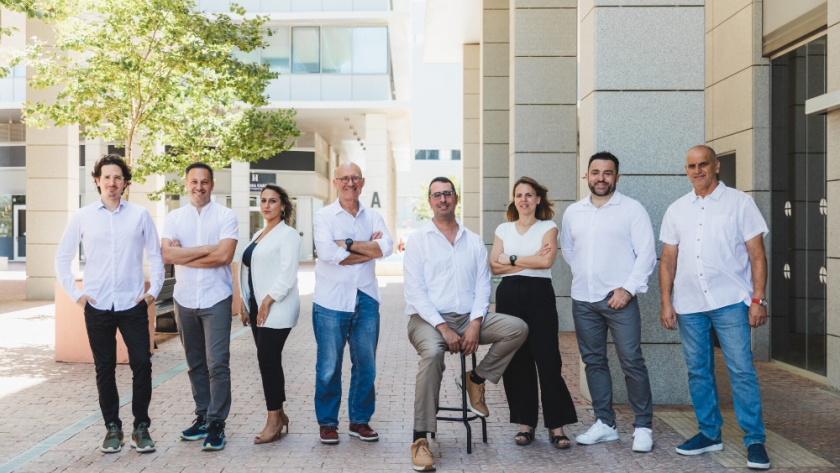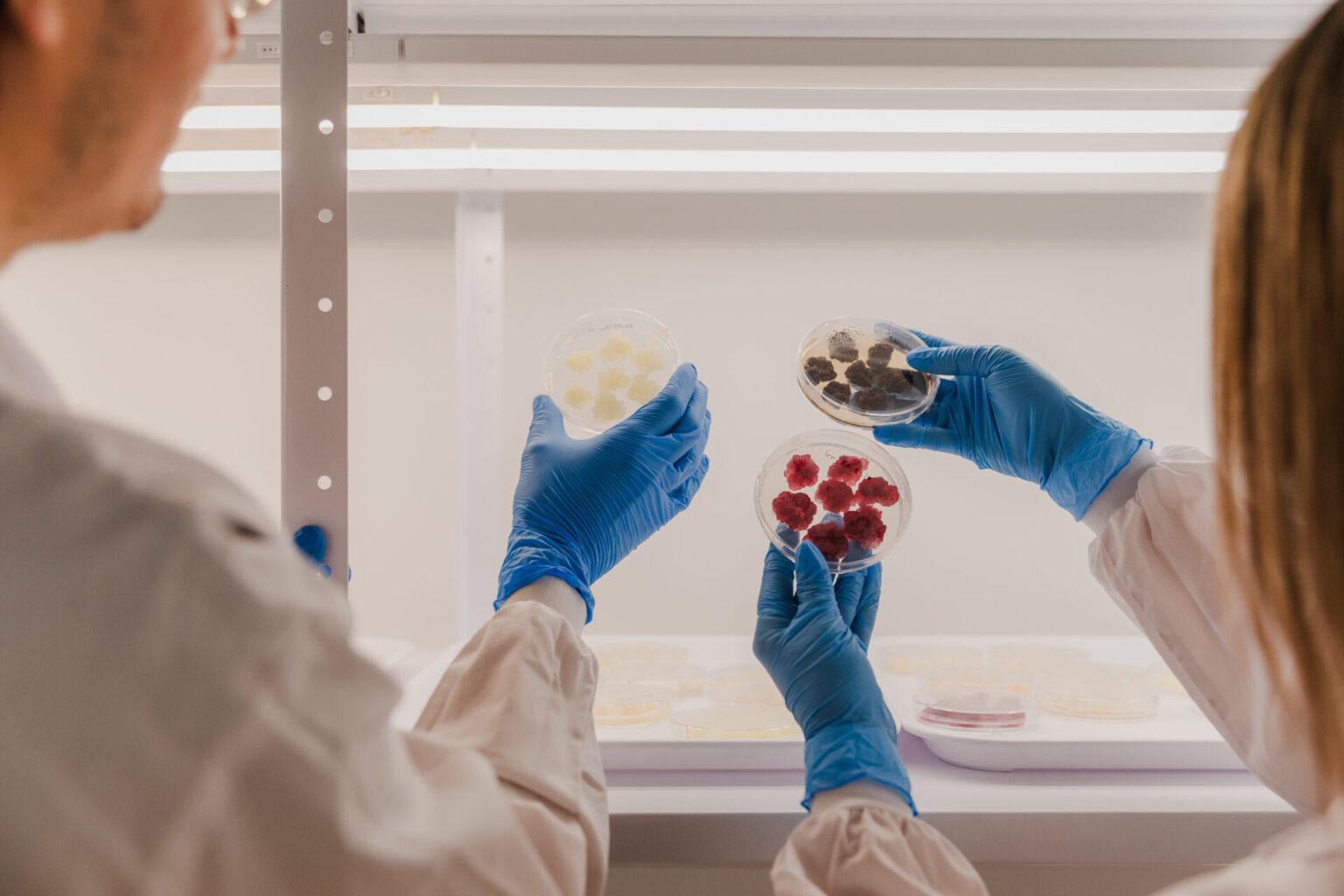
By Agroempresario.com
As food and ingredient manufacturers seek clean-label solutions in a world challenged by unstable supply chains, Israeli foodtech startup Novella is betting on a new path forward: plant cell culture. Instead of cultivating full-grown plants, Novella uses bioreactors to grow plant cells in controlled environments, optimizing the production of natural preservatives such as antioxidants and antimicrobials.
The startup recently announced a strategic partnership with Metaphor Foods, the innovation arm of global ingredients company Hela APAC. The $10 million deal, spread over seven years, will focus first on the meat and poultry industries, with a broader commercial launch expected in 2026.
According to Novella, the alliance is about more than just shelf life: it represents a step forward in reducing food waste, ensuring ingredient availability, and enhancing sustainability at scale.
“We replaced natural antioxidants currently in use, reduced overall cost, and extended shelf life by 30%,” said Geoff Gordon, CEO of Metaphor Foods. “Our trials yielded impressive results, proving that Novella’s plant cell technology is both effective and scalable.”
Plant cell culture involves growing plant cells in bioreactors under sterile, nutrient-rich conditions. Rather than relying on fields, sunlight, and water, this method offers consistent output regardless of climate disruptions, soil quality, or harvesting seasons. It also enables precise selection and optimization of bioactive compounds like alkaloids, terpenes, and polyphenols—all key components in antioxidants and antimicrobials.
Novella cofounder Itay Dana explains: “We work with plant cells in their callus stage, an undifferentiated form similar to stem cells. This allows us to engineer cell lines based on bioactivity, structural features, and bioreactor performance.”
These cells, once selected, are grown into dense biomass within stainless steel bioreactors. Rather than extracting single compounds, Novella delivers whole, intact cells, which protect bioactives and improve their stability—especially under heat or stress.
Traditional plant-based ingredients suffer from multiple challenges, including:
By using plant cell culture, Novella avoids all of these, offering ingredient consistency and shelf-stable formulations.
Dana notes that regulatory frameworks vary. In the U.S., Novella plans to launch under the GRAS (Generally Recognized As Safe) framework, followed by markets in Australia and APAC. Europe will come later, as its Novel Food process is more time-consuming.

Labeling will also depend on geography: some markets may list the ingredient as "Whole plant cell culture of [plant name]," while others might simply use the plant’s name.
While some players in the space are exploring multi-use plastic bioreactors, Novella has opted for commercial-grade stainless steel systems, working with contract manufacturers in Italy to scale efficiently. This avoids heavy capital expenditure on proprietary infrastructure and offers geographic production flexibility.
Novella was initially self-funded by founders Kobi Avidan, Shimrit Bar-El, and Itay Dana, and later secured backing from VC firms like Plug and Play and Zora Ventures.
Investor sentiment in the space is optimistic but selective. “We see many VCs interested in plant cell technologies,” says Dana, “but some over-focus on commodities where the tech may not be as valuable. Novella sits at the intersection of deep tech and immediate commercial need.”
Beyond its applications in meat and poultry preservation, Novella sees wide-ranging potential. Future applications include:
Novella is also entering the dietary supplements arena with soluble powder formats for sachets and capsules, expected to launch in late 2025.
"Our goal is to redefine how bioactives are delivered," says Dana. "We want to shift from isolated extracts to full-spectrum, stabilized plant cells."
This full-spectrum format enhances efficacy, heat resistance, and bioavailability, offering a new frontier in clean-label ingredient innovation.
As climate challenges grow and supply chains become more fragile, food manufacturers are under pressure to deliver stable, effective, and sustainable ingredients. Plant cell culture may offer one solution.
Novella’s model, focused on scalability, cost-efficiency, and functional innovation, could position it as a key player in the next generation of natural preservatives. With regulatory clarity, investor support, and strategic partnerships like Hela APAC, it’s a startup to watch.
